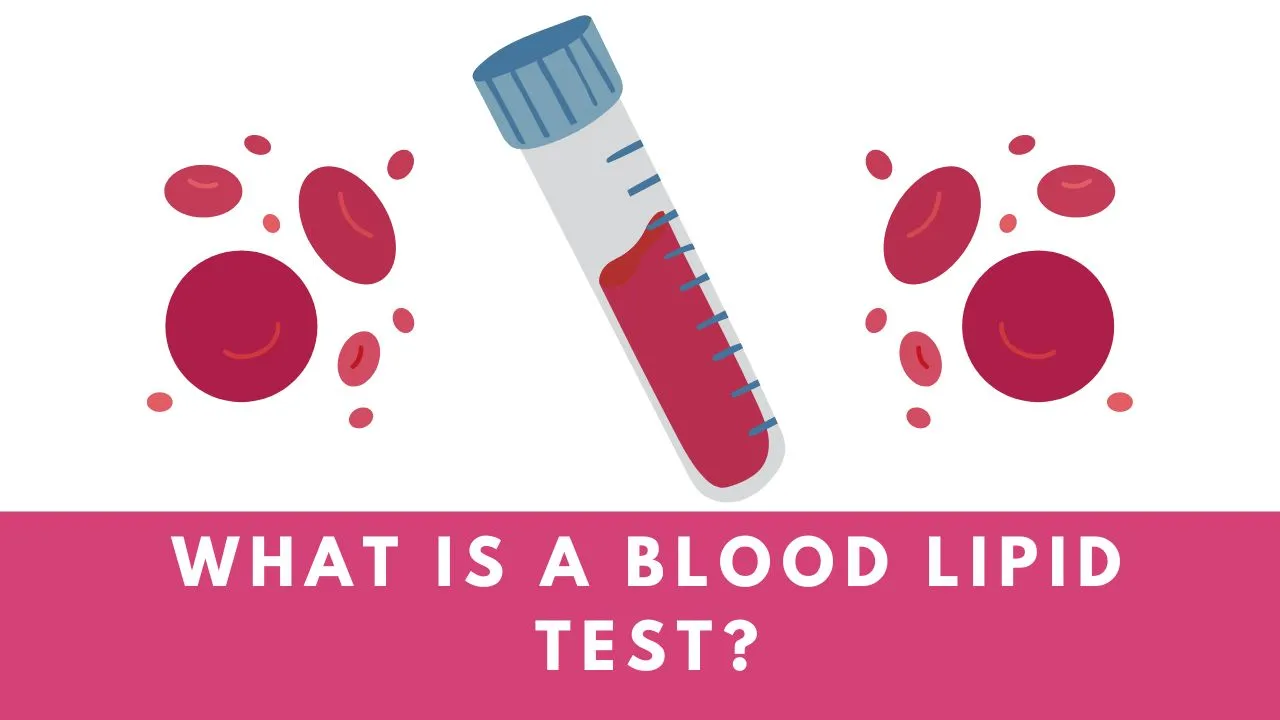blood Lipid The test is a common test item in health screenings, especially for some high-risk groups who need to regularly monitor their blood lipids. So, What is a lipid test? What shouldn’t you do before a blood lipid test?
What is a blood lipid test?
Blood lipids are the general name for neutral fats and lipids in plasma, which is also the general name for lipids in plasma. These blood lipids are essential substances for the basic metabolism of vital cells and can reflect fat metabolism in the body. Blood lipids mainly come from two pathways, the endogenous pathway and the exogenous pathway: The endogenous pathway refers to the blood lipids synthesized in the liver, fat and other tissue cells of the human body; The exogenous route refers to the lipids consumed with food. Blood lipids. The normal blood lipid levels for a normal adult are: total cholesterol 2.8-5.17 mmol/L; Triglyceride 0.56–1.7 mmol/L.
4 things you shouldn’t do before a blood lipid test
A blood lipid test cannot simply be carried out. If you do not pay attention to some of your life habits before the test, it can easily cause discrepancies in the test results.
1, be careful, hungry
The editor doesn’t really have to say anything more. Many people should know that blood lipid levels should be checked beforehand on an empty stomach, but they may not know how long they should fast.
During clinical examinations, you are generally not allowed to eat anything from dinner the day before until the end of the examination the next morning. The fasting period is observed for about 10 hours so that the results of the blood lipid test can be more accurate. Be careful not to fast for too long. Fasting for too long can cause triglyceride concentrations in the blood to rise and affect the accuracy of results.
2. Do not eat too fatty food three days before the examination.
Three days before blood sampling, you must follow a light diet. In fact, there is no need to be too bright. Just avoid a high-fat diet.
If you eat a lot of fatty food three days before the blood lipid test. Triglycerides in the blood are influenced by diet and rise abnormally.
During clinical examinations, many people do not pay attention to their diet. This causes triglycerides to be too high during the exam and even doctors think this is abnormal.
3. Do not drink alcohol the day before the examination
Alcohol consumption affects the accuracy of test results. Alcohol causes an abnormal increase in triglycerides in the blood and a decrease in the concentration of high-density lipoprotein cholesterol. Such high and low test values lead to useless blood lipid test results. Meaning.
4. Make sure you rest the night before the examination
To make fasting easier, blood lipid tests are usually done in the morning. Therefore, you must rest well the night before the examination. Do not stay up late as the exam results may be distorted.
In addition, if you exercise the day before the blood lipid measurement. It also affects blood lipid levels and leads to an increase in blood lipids. Therefore, you must allow yourself enough rest the day before the examination and avoid strenuous physical activity. To ensure the accuracy of the examination results as much as possible.
Warm reminder:
Excessive blood lipid levels can directly cause some diseases that seriously endanger human health. Therefore, middle-aged and older people and people at high risk of obesity need to go to the hospital regularly for blood lipid tests. Make sure you exercise properly and control your weight in everyday life. Maintain a light diet that is rich in salt, sugar, fat and fiber!





